For me experimentation, listening, and adapting are all words that feature heavily in my teaching practices. Having for most of my career (in it’s many capacities from natural and cultural history interpreter, to community educator, grade school teacher, post-secondary school instructor, and international speaker), crafted and taught curriculum, workshops, and lessons that I have designed, these characteristics were just a natural and a given. Even when I am teaching young actors on film sets, and need to stick to the schoolwork that the child is missing at school, the environment of school on a film set allows me to adapt the schoolwork to teach it to the young person in a way that fits their needs and works for them. I never understood how important that ability to experiment, listen, and adapt was to me, until I was presented with a canned curriculum, tied to an enormous slide deck, and told to teach it. I was told I could adapt it and add in my experiences, but then got reprimanded if I strayed from any of the slides and added anything of my own in. This taught me two things – I don’t teach well to slides and I need to be able to experiment and adapt in order to feel comfortable in the classroom with what I am teaching.
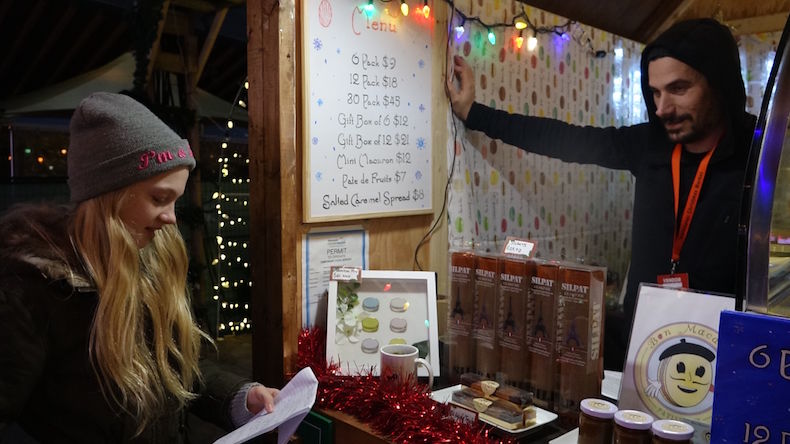
In recent ETEC 500 readings for my Master of Educational Technology from Introduction to Educational Research: A Critical Thinking Approach by William Newton Suter, I have been reading about ‘Action Research’. It strikes me that action research is something that to a small degree, I have done intuitively in my teaching, and is what creates the difference in me being comfortable in what I am teaching, versus feeling completely out of sorts in the classrooms and not comfortable in what and how I am teaching.
What is Action Research? Action Research is Teacher Research. It is research conducted by teachers or educational practitioners with their students in the course of their practice. This is reflective teaching, in which you are asking what is working, where are there challenges, how can we overcome those challenges, do I need to be approaching an area of teaching in a different way, what happens if we do this instead … etc Generally in conducting action research in your classroom, you are solving a local problem or gathering information to make better decisions, like improving upon a lesson. The caution here though is that as this is looking to solve a local problem, it should be remembered that while what you learn might work for one group or area, it may not for another.
This caution comes from some of my own learning as of late. As I mentioned I have intuitively used action research in a small and informal manner to guide my teaching and speaking. In thinking upon my readings in Suter (2012), there are certainly ways that I can apply action research more formally in my teaching, but that is something I will delve into further on in this post. Informally, however, as a classroom teacher and community educator – no matter the age group – I have always started my courses with a series of activities designed to both allow me to learn about my students on a deeper level and to allow them to learn about each other. Taking the time to do this has always been important to me, as it is what allows me to adapt my teaching materials and approach to match the group of students, and to tie in examples, questions, and activities that will be meaningful to them. With my speaking, I do not have the luxury of time for activities to get to know everyone. Instead, I research examples and come up with ideas that fit my expected audience. This research helps, but there are often cultural differences in the places I speak, and to get a proper feel for these differences, and to craft the content to speak to that audience, I need interact with that audience. That is why the social events at conferences I am speaking at are so very important for me to attend.
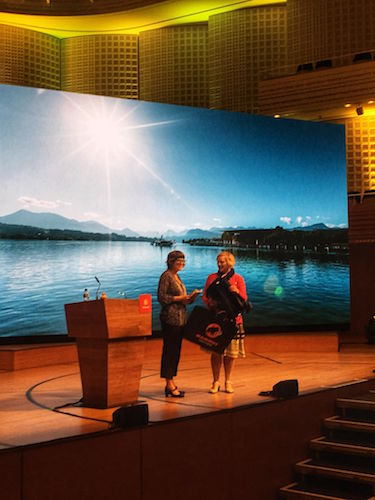
I was reminded of that recently with some talks I gave in Switzerland. My first talk I gave felt flat, as I was not feeling comfortable with the audience and as such was sticking too closely to my slides and pre-written script. That night, I attended the social event, spoke with people, discovered some examples of people in the community doing some of the things I was talking about, clued into certain popular cultural references that the room was not familiar with, and better understood certain pre-misconceptions in the community that I was presenting to. This allowed me, when I presented the same talk the next day, to adapt – addressing the misconceptions and my approach to the subject matter from the beginning of the talk, briefly giving context to any pop culture examples that the audience might be unaware of, and seamlessly adding in examples of work that people in the community were doing. This created a different level of understanding and connection in the room, and comfort in me, to step away from my script and just use my slides as a guide to the general flow of my talk. In order to do this, I had to be willing to experiment, to listen (even to the things that were not positive), and to adapt based on the feedback. And of course, I needed to know the material well enough, to be able to do that with minimal time between when the feedback was given and when I applied it (some of which was mere moments before I walked on the stage for that second talk). But wow, does that ability to apply action research and reflective teaching, even on a small level, carry a powerful impact. For me, in the case of the Swiss talks, it meant I knew I had brought value to the conference, and even if I was not the happiest with my first talk, I knew I had listened, adapted, and responded with a second talk that I was proud of.
In looking at this with post-secondary teaching, this is part of the reason why it is so important to me to have the ability to change and adapt teaching materials between courses, and even within a course, adding in additional materials of interest, as well as adapting the previously built content. This is especially important to me in building courses online, where I know that students return to those materials to give themselves refreshers from time to time. While BCIT gives me the respect as the teacher, course developer, and subject matter expert to have the ability to update and adapt my courses, increasingly post-secondary schools are not allowing teachers to do this in online courses. That scares me, as it doesn’t give teachers the ability to adapt the courses they are teaching in response to their current students, or give teachers online the same respect for their knowledge that they are granted in the classroom.
Online teaching and online classrooms are in many ways well designed for action research, particularly in areas where using a quantitative approach to data collection. I can go into my previously taught courses, and in the stats built into the learning management system, I can see where student grades, activity, …etc dropped off.
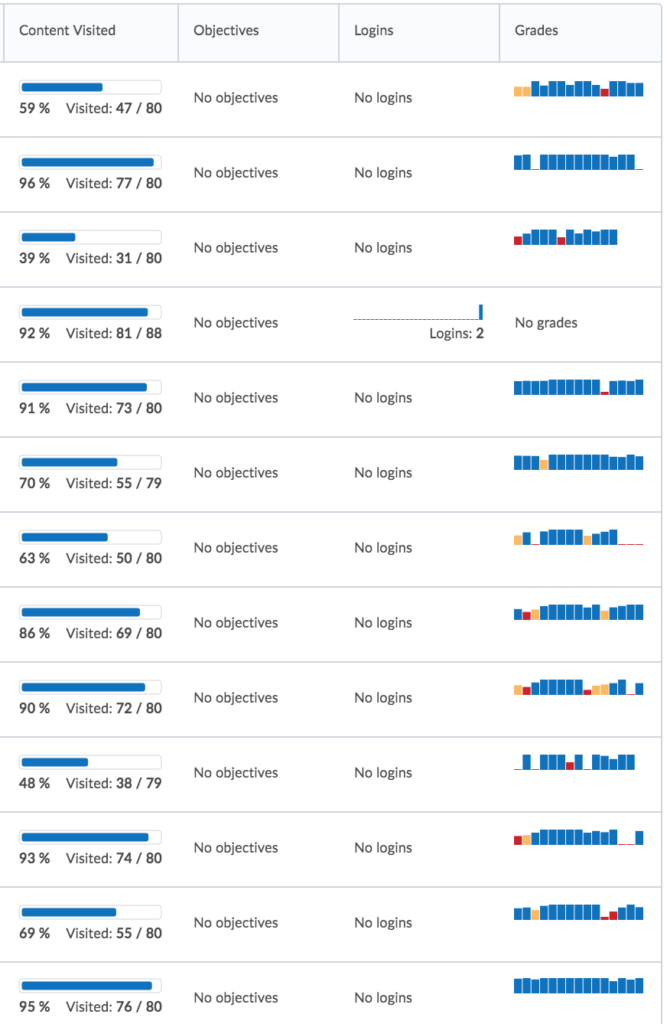
I can also look to see if student progress digressed at the same point in multiple years, or if it was specific to one class. And I can dig deeper and see if the drop off is in grades or activity in the course. Are there certain activities that the students are struggling with?
By studying and analyzing the quantitative stats of students behaviours in previous years, I can develop Action Research Questions to improve the course, my teaching, and the students’ experience. Questions I might ask myself from one of my BCIT course, BCST 1073 – Building Your Digital Presence, might include:
- Am I trying to fit too much content and deliverables into the course and causing students to burn out?
- Why are students typically skipping or performing poorly on the Niche Community Building activities?
The latter question, I will develop an Action Research Study around when I next teach the course in the Autumn. My current hypotheses with regards to this query, is that students do not understand how effective niche community building can be in building long term strategy in the online environment, so with their website building still top of mind, are not giving this Unit their full attention. There are other reasons, however, that the activities in this Unit may be done poorly or skipped. This Unit requires students to determine their ideal audience and community with a great deal of specificity, which many students find difficult, and this Unit requires students to reach out and engage with people they do not know online, which requires breaking down some fears. These are not easy things, and take practice to become comfortable with.
In approaching this question in the upcoming course, I will gather quantitative data of past students’ performance on those activities, I will review and fine tune that Unit of the course to make sure that I am effectively articulating and demonstrating how effective niche community building can be in your digital strategy, and I will conduct a variety of surveys at the beginning and at the end of the Course to get students’ perceptions in what they value and deem important in both their digital presence and strategy. Finally at the beginning and at the end of the Unit on Niche Community Building, I will include a questionnaire or quiz to ascertain how student understanding of niche community building has changed in the course of the Unit, and where any misunderstanding and challenges might exist in applying the principles being taught.
At the end of the Autumn Course, I will then analyze the data I collect, and make my conclusions accordingly in what I might need to further do to strengthen the Niche Community Building Unit in further offerings of the course.
I can see the process of observing, questioning and reflecting upon my courses and student experience within them, to be a useful process for improving further upon my teachings. Approaching action research in a more deliberate manner as a teacher and a scholar-practitioner is something I wish to make a regular part of my practice.
I’d love to hear your experiences as a scholar-practitioner in conducting action research. Do you have tips you wish to share in approaching action research or stories of the successes and challenges that you have had?
Works Cited
Suter, W. N. (2012). Introduction to educational research: A critical thinking approach. Thousand Oaks, CA: SAGE.

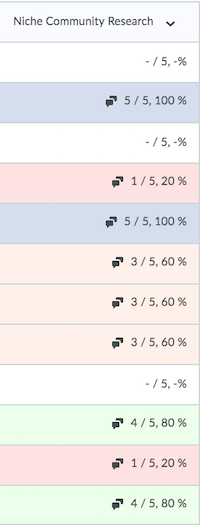
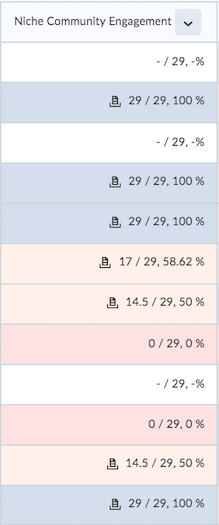


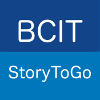
Good to hear about your continuous reflection as you teach, Erica. Have you come across resources or frameworks for designing a rigorous action research project that might help you move it beyond ‘reviewing and reflecting on what happened’?
I haven’t looked for such a resource yet, Leah. My initial instinct was to approach as I normally would with most inquires, by utilizing the scientific method. Are there particular resources or frameworks that you would recommend?